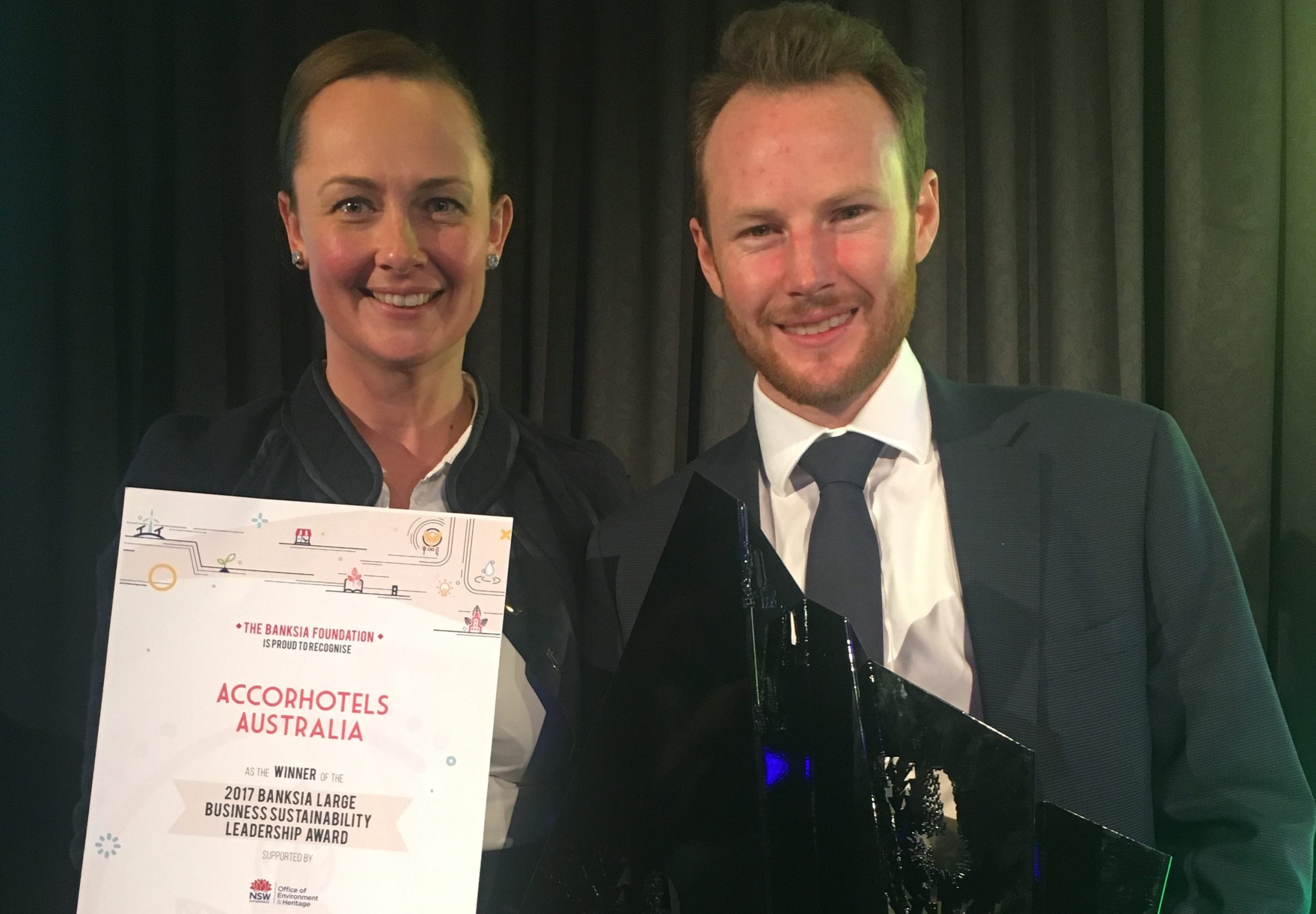
Hybrid work and talent shortages spur business travel
New trends reflect emergence of employee-first culture
Travel management company Corporate Traveller has forecast hybrid working arrangements, and the need for employers to retain staff, is leading to the emergence and growth of new business travel trends.
The company’s Global Managing Director, Tom Walley said while most of the company’s business customers in financial services, consulting, medical, and tech have hybrid working arrangements in place, his company was seeing a significant uptick in business travel this year.
Pointing to a 988 percent increase in international flight bookings and 20 percent domestically for the period February 10 to May 31 May 2022, Mr Walley said that this was indicative of face-to-face communication still being highly valued.
“Before the shift to remote work, business trips would be mostly site visits, conferences, FIFO work, sales meetings or growth-related stakeholder meetings,” Mr Walley said.
“They would average around 1.1 days for domestic trips and 3.4 days for international trips.
“Now we’re seeing new travel trends pick up, reflecting the new environment of hybrid work and the embracement of an employee-first culture.”
The company is also is seeing trends that include working holidays where executives work remotely in one or more holiday locations for long periods of time, some even taking their families with them, bleisure where holidays are tacked onto work trips, and executives travelling more frequently to multiple cities.
“Our travel advisors are also organising trips where our business customer covers the cost of just part of the trip, pointing to a bleisure arrangement,” he said.
“Another interesting trend is more frequent trips to more cities for some employees, indicating that while people are maintaining the work-from-home arrangement, they’re meeting with stakeholders in multiple locations more regularly.”
The current environment of talent shortages, he said, combined with the successful adaptation of work-from-home arrangements in many industries is driving much of these trends.
“I think employers are using travel to retain people, and now it can be combined with work.
“Travel remains a sought-after perk for many Australian workers and the possibility of combining leisure with work will be invaluable to them and improve their work-life balance.”
Businesses too, he said, benefit with such arrangements.
“For employers, there’s less risk of that employee taking large chunks of annual leave for an overseas trip. Working holidays enable employees to get their travel fix and remain online and do away with the need for a contractor to replace them while they’re away.
“If an employee is based in a market of interest for the business, a working holiday arrangement can help the business explore new markets more easily or set up supplier arrangements.
“These kinds of trips are also economically viable – employees foot the bill for their trip, while businesses cover the cost of the work portion of a bleisure arrangement.”
Mr Walley’s observations reflect other travel data including Airbnb, which has seen US bookings of 28 days or more for remote-based work triple.
“The demand for such offerings is certainly present globally. In the US, workers are planning twice as many bleisure trips this year, with more than half adding three or more days to their leisure trips to include remote working,” he said.
While some experts predict a complete recovery of the global business travel sector by 2024, Mr Walley said if businesses embrace these new trends as employee incentives, the recovery could occur earlier.
Being based at home, he said, is also motivating executives to travel more frequently to different locations to connect with other stakeholders.
“Executives have been able to work remotely and travel to different cities when they’re required to be in-office, allowing them to connect with, and learn from, teams beyond their own city office.”
Mr Walley pointed towards recent research by Deloitte in the US, in which one in four companies have forecast that working from home will lead to more travel to company headquarters, and office-dominant companies are twice as likely to reach 2019 travel spending levels by end 2023.
The research also found employees who plan to do some work while travelling planned twice as many trips, and longer trips. Google is also allowing employees to ‘work from anywhere’ for up to four weeks a year.
These trends, he said, bring economic benefits for the country – frequent travel to different cities will help increase spend across hospitality and accommodation, industries that are still recovering from the impacts of the pandemic.
“Hybrid working has largely been successful for employees, with many reporting an increase in productivity.
“If it brings benefits to the business, I encourage more SMEs to consider embracing new ways of incorporating travel into their employee retention strategies.”
Mike Parker-Brown is a UK-trained and qualified journalist and an award-winning travel communicator with more than 30 years experience.
Since 2002, Mike has worked as a freelance writer and PR consultant providing his services to major organisations in Australia and internationally in the tourism, aviation, hospitality, recruitment and export marketing sectors.







